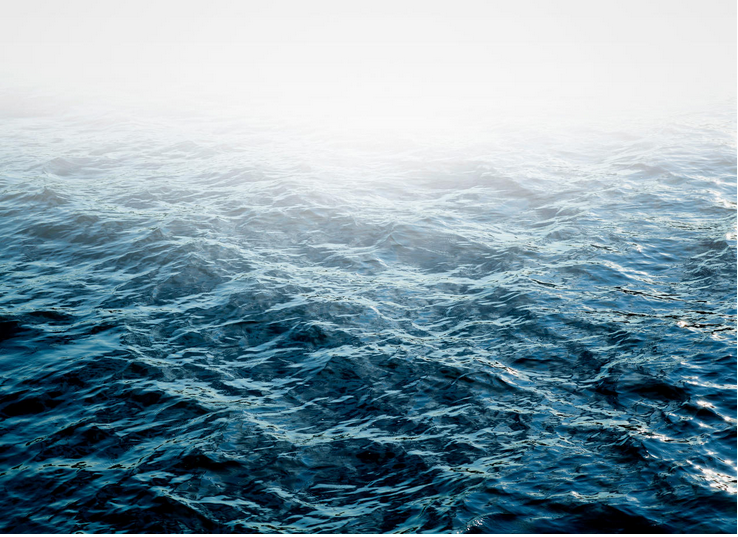The world’s largest crime scene is not part of any specific country, region or territory. Rather, it is the area referred to as the ‘high seas’ – those parts of the planet’s seas and oceans that fall outside of the national jurisdiction of coastal states. This is because governance and regulation are limited in this area, given the principle of the freedom of the seas.
As a result, fragile habitats have been damaged by deep-sea bottom trawling (fishing vessels that scrape the ocean floor) and unique marine biodiversity has been destroyed. In addition, species have been severely overfished. This includes tuna stocks, as recently described in a study on ‘the economics of fishing the high seas’. Many of these crimes and activities have been attributed to transnational organised criminal groups operating at sea, but it could also refer to legal users of the sea carrying out illicit activities. In 2012 , the United Nations (UN) General Assembly noted the existence of ‘possible connections between transnational organised crime (TOC) and fisheries in certain regions of the world’.
A UN Office on Drug and Crime (UNODC) study on TOC in the fisheries sector had previously identified illegal fishing and overfishing, the dumping of toxic waste and pollution from vessels as common criminal activities carried out by transnational networks on the high seas. These are sometimes also referred to as transnational fisheries crime, or transnational environmental crime.

